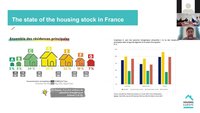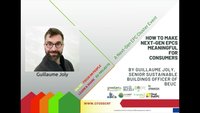Energy Efficient Buildings: Next Generation Energy Performance Certificates
28th of September 2022 | 14:00-15:30 CET | Hybrid event

Supporting people to go green and digital
Next Generation Energy Performance Certificates (EPCs) play an instrumental role in attaining a digitally transformed, healthy, safe, affordable, efficient, flexible and zero-emission EU building stock fit for ongoing building performance optimization. At this event we highlighted the challenges and solutions of the forseen changes in the recast EPBD for local authorities especially shedding a light on what role EPCs play in building renovation and how municipalities could turn them in powerful tools.
Buildings have challenging and multiple roles to play in the coming decades: they can be shelters from extreme weather, healthy indoor environments, energy-positive and zero-emission, electric vehicle-friendly. As prosumers and active members of society, people have their own essential parts to contribute to this transition. Next Generation Energy Performance Certificates (EPCs) can empower people by becoming a nudging and decision-making tool. EPCs create an open dialogue with building professionals thus allowing building owners to understand complexities surrounding building renovations. In addition, they can further facilitate interaction between different stakeholders within the building sector. This would greatly support people in making informed decisions e.g. choosing the next house to rent, in upgrading their own dwelling, in claiming workplaces that support their wellbeing and productivity and are at the same time environmentally friendly.
Re-watch the event
| 14:00-14:15 | Welcome and Introduction Norberto Fueyo, University of Zaragoza, crossCert & Eva Suba, Climate Alliance |
| 14:15-14:25 | Minimum Energy Performance Standards in Buildings on the Ground "What is true in one segment of the housing market, may not be true in another." Julien Dijol is Head of Policy and Deputy Secretary-General at Housing Europe. Julien is a social and political scientist by education and has been trained at the Institute of political studies (IEP) in Bordeaux (France), the University of Stuttgart (Germany) and the Université Catholique de Louvain (Belgium). Julien presented the impact of Energy Performance Certificates (EPCs) in different European countries such as France, the Netherlands and Germany at the CrossCert event "Energy Efficient Buildings: Next Generation Energy Performance Certificates". He emphasized their importance for policy making and pointed out that legislation on energy standards relies on meaningful calculation methods to produce these certificates. He pointed out problems when it comes to differences in methodology between Member States and the importance of standardizing next generation EPCs. We invited Julien to talk about the concrete impacts of Minimum Energy Performance Standards for Buildings especially from the perspective of social housing.
|
| 14:25-14:35 | How to Make Next-Gen EPCs Meaningful for Consumers “You need to provide guidelines to people regarding the right investment in insulation!” Guillaume Joly joined BEUC – the European Consumer Organisation’s Energy Team as the Sustainable Building officer. Trained as an urbanist and as a public policy designer, he formerly worked for several local Authorities in France (Région Ile-de-France, Métropole Européenne de Lille) as well as for C40, a worldwide network of global Cities engaged in energy transition and tackling climate change. His core expertise is on private residential energy retrofit and he is actually working on the Fit-for-55 package revision of Energy Directives. His vision is that consumers, as decision-makers of the energy retrofit projects, are the key stakeholders of the Renovation Wave. They need reliable information on the energy performance of the properties they own or intend to buy. Energy Performance Certificates are the key tool to achieve this. EPCs need to become more reliable, simpler to read, with clear information on the next steps to take to future-proof their homes. Guillaume presented the consumer's perspective on Energy Performance Certificates. |
| 14:35-15:30 | In this panel discussion, experts of the NEXT-Gen EPC Cluster, a group of Horizon and Interreg projects working on next-generation EPCs, discussed how these certificates can be improved and made more attractive and usable for consumers. Clémence Pricken – QualDeEPCSheikh Zuhaib – X-tendo Jure Vertsek – U-CERT Vicky Avgikou – D2EPC Michal Pomianowski – E-DYCE María Fernández Boneta – ePanacea Jana Bendžalová – EPC-Recast David Jenkins – crossCert |
Recordings of the Presentations
Minimum Energy Performance Standards on the Ground
Julien Dijol, Housing Europe
How to Make Next-Gen EPCs Meaningful for Consumers
Guillaume Joly, BEUC
Panel Discussion: The Role of Next-Gen EPCs in Energy-Efficient Building Renovation
NEXT-Gen EPC Cluster: Clémence Pricken – QualDeEPC, Sheikh Zuhaib – X-tendo, Jure Vertsek – U-CERT, Vicky Avgikou – D2EPC, Michal Pomianowski, - E-DYCE, María Fernández Boneta - ePanacea, Jana Bendžalová – EPC-Recast, David Jenkins – crossCert
Impressions
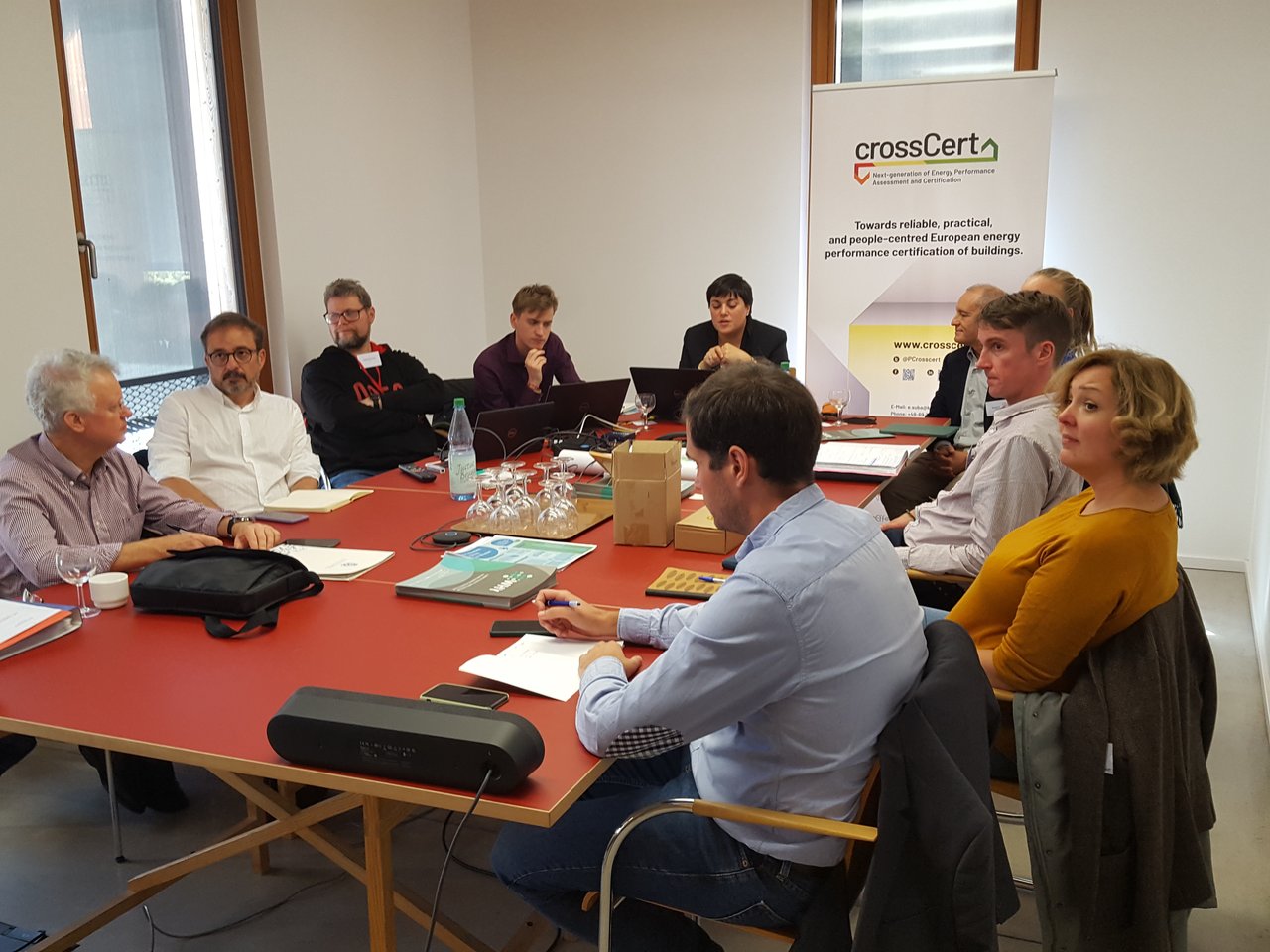
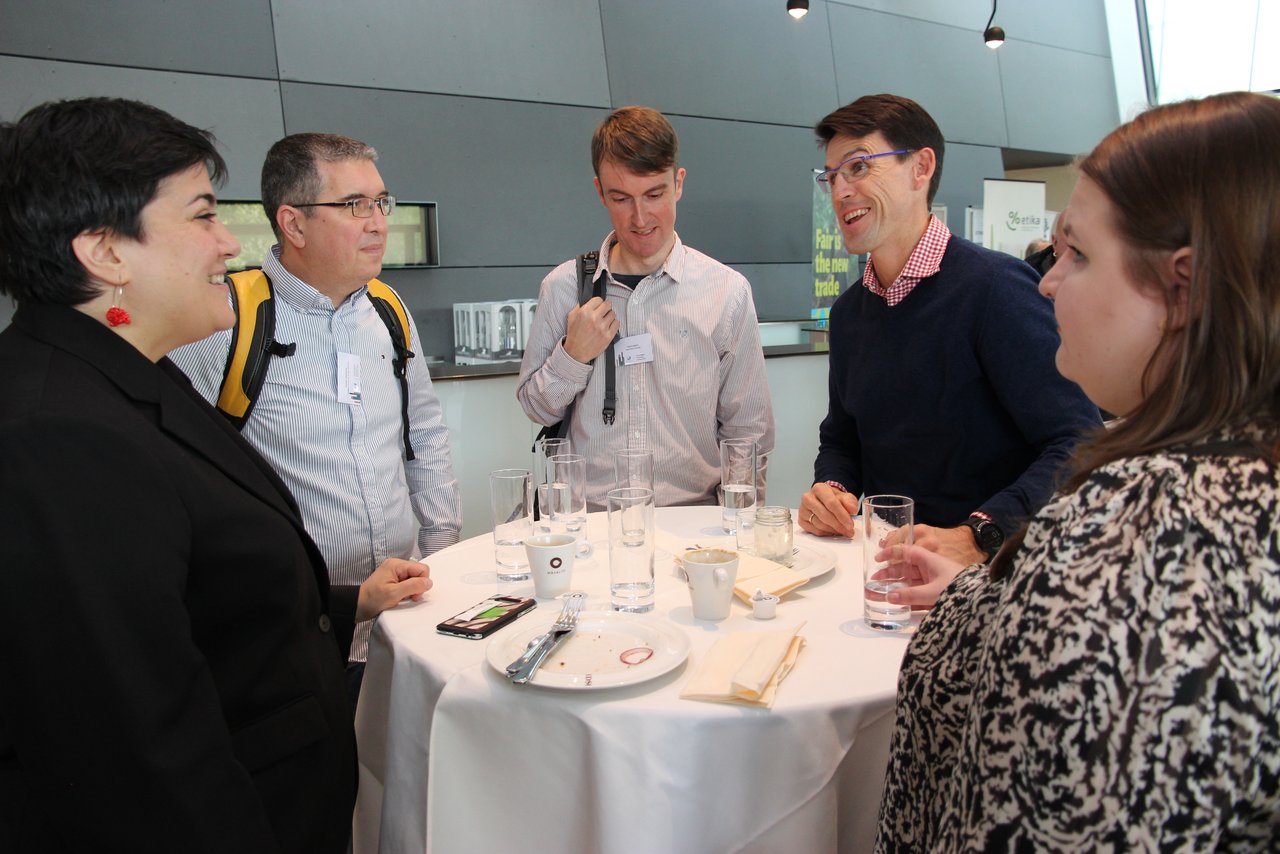
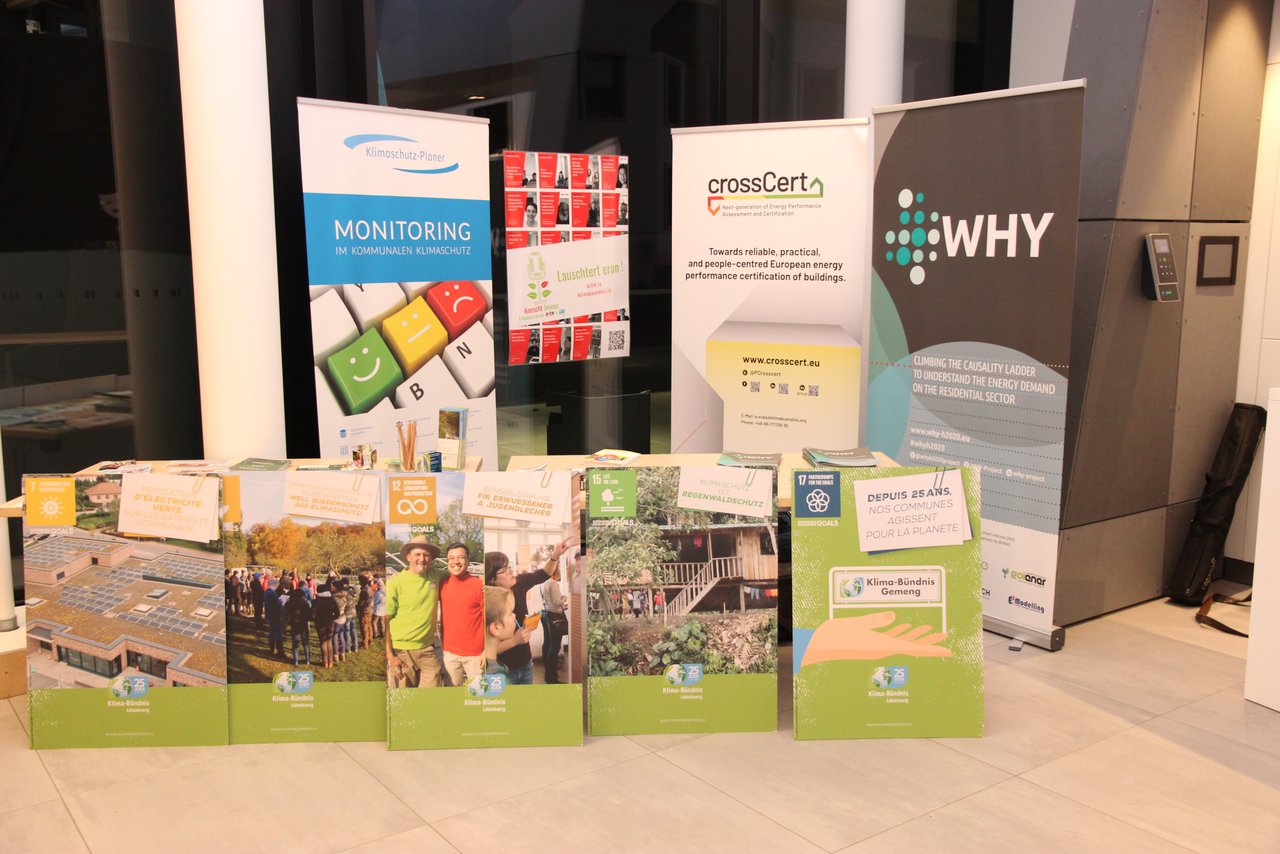
The Next Gen EPC Cluster
crossCert collaborates with 10 other Horizon 2020 projects as well as Interreg projects to enhance the development of next generation EPCs. The projects in the Next Generation EPC-Cluster are in continuous cooperation with each other, from non-disclosed expert workshops to discuss outcomes together and share knowledge, to open events where all projects are presented together to send a stronger message to the all stakeholders.
NextGen EPC Cluster Projects in the Panel Discussion:
D2EPC | crossCert | E-DYCE | EPC-Recast | ePanacea | QualDeEPC | U-CERT | X-tendo |
Unlocking local potential – driving global transition
28 – 30 September 2022 | Hesperange (Luxembourg) and Online
#CAIC22 #LocalAction
Our towns and cities are brimming with potential. From civil society organisations and local businesses to concerned individuals and youth activists, the local resolve for a just and green transformation should not be underestimated. Yet how can municipalities harness all the energy and ideas that abound within their borders to fight for climate justice and buffer global heating’s impacts? How can they build bridges with local stakeholders, tap into local expertise and unleash local potential for positive change?CAIC22 will explore these questions with a look at examples from fields such as energy poverty, renewable energies, sustainable mobility, building renovation, climate justice and nature-based solutions. Through interactive workshops and inspiring contributions, this year’s Climate Alliance International Conference will examine how local engagement with stakeholders can bring us closer to a global transformation that is both sustainable and just.





